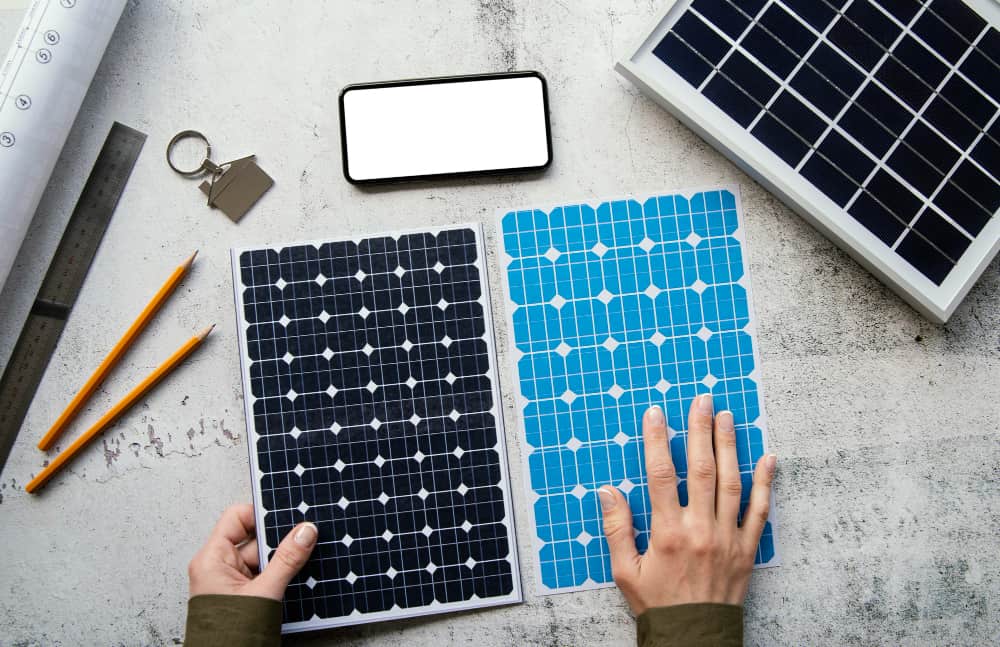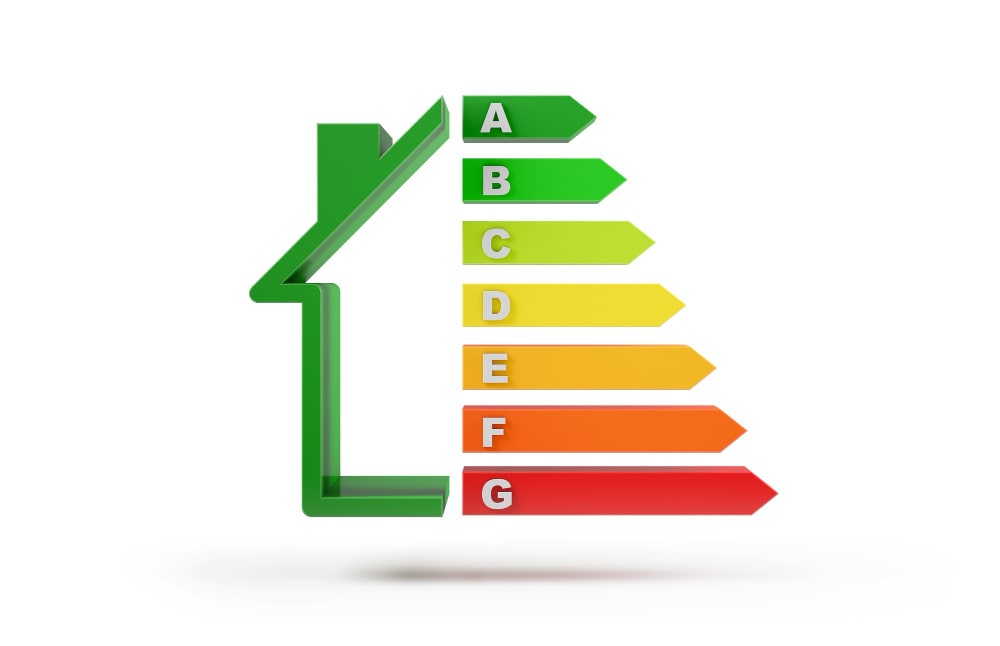What types of subsidies for solar panels are there?
There are several types of subsidies that users can opt for when installing solar panels. These include the following:
- Next Generation subsidies
- Municipal subsidies for IBI reduction
- Subsidies for reducing rent
- Next Generation subsidies
These subsidies are active in the period 2021-2023 and are part of the European Union’s Next Generation Plan, which is managed by our country through the IDEA by the Ministry of Ecological Transition.
Initially, a first installment of 600 million euros was provided and the aid was extended by an additional 550 million.
Municipal subsidies for IBI reduction
The IBI is a tax paid to each municipality or city based on the housing and is a tax that goes directly to the City Council. Therefore, it is up to each municipality to make the appropriate reduction.
There are municipalities that reduce IBI by 50% and others that only reduce it by 10%.
Subsidies for reducing rent
In Royal Decree Law 19/202, novelties were added to the IRPF declaration regarding investment in sustainability and energy efficiency. To qualify for these subsidies, you must justify a reduction in primary energy consumption by at least 30% for non-renewable energy sources.
To justify this 30% reduction, you must obtain an energy certificate prior to the installation of solar panels, another energy certificate afterwards, and finally prepare a summary report to facilitate tasks for the manager.
Do you need subsidies for solar panels?
Frequently Asked Questions About Solar Panel Grants
Who can apply for Next Generation Grants?
The grants are mainly aimed at residential and industrial sectors and subsidize the installation of solar panels and batteries.
The maximum percentage of grants ranges from 30% to 40% for individuals, and from 45% to 60% for companies, which means that the installation cost can be reduced by almost half.
How are grants processed?
The grants are processed online using the Channel for Businesses that the Generalitat has made available.
You need to attach the applicant’s documentation, fill out an application, attach the itemized installation budget, and finally attach the invoices and bank payment receipts.
What is the income tax deduction that can be obtained?
Deduction of 20% – In case a single-family home has reduced non-renewable primary energy consumption by only 7%.
The maximum annual basis cannot exceed €5,000.
Deduction of 40% – In the case of single-family homes that have reduced renewable primary energy consumption by 30%.
The maximum basis cannot exceed €7,000.
Deduction of 60% – This case is for multi-family homes that have reduced non-renewable primary energy consumption by 30% or have an energy rating of A or B.






